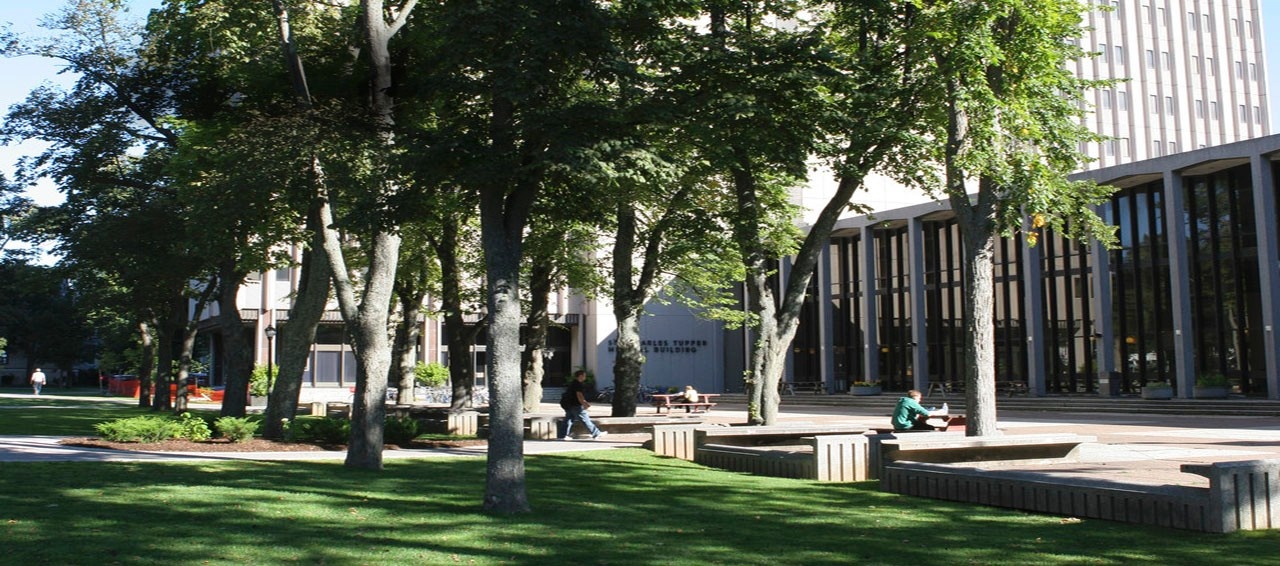Facts & Achievements
Accomplishments and distinctions
- Emphasis on Bioethics and Health Law throughout curriculum Dalhousie clinical faculty were involved in the world's first robotic brain telesurgery, which was performed in Halifax, Nova Scotia and Saint John, New Brunswick
- Breakthrough discovery by Dalhousie clinical researchers changed prevailing theory about chronic rejection of heart transplants
- Established the first province-wide endeavour in Canada aimed at making major changes in the approach to heart disease (ICONS - Improved Cardiovascular Outcomes in Nova Scotia)
- For two years running (2002-03 and 2003-04) Dalhousie medical researchers were awarded coveted Peter Lougheed/Canadian Institutes for Health Research Awards, the top award given by the Canadian Institute for Health Research to new Canadian investigators
- Dalhousie Medical School researchers invented the first new class of antibiotics to come along in 30 years
- World-renowned Medical Humanities Program, including music-in-medicine and artist-in-residence
- Dalhousie ophthalmology researchers unlocked a 50-year mystery of how the retina senses motion
- One of the most significant cancer research discoveries – the capability of reovirus to infect and kill cancer cells – was made by Dalhousie researchers
- Internationally-recognized faculty in undergraduate, postgraduate and continuing medical education
- Affiliated with more than 111 teaching sites, including nine teaching hospitals, throughout the Maritime provinces
- One of the first medical schools in Canada to offer distributed learning for Postgraduate Medical Education
- Established the first Continuing Medical Education program in Canada, in the 1940s Established Canada's first master's program in Medical Informatics
